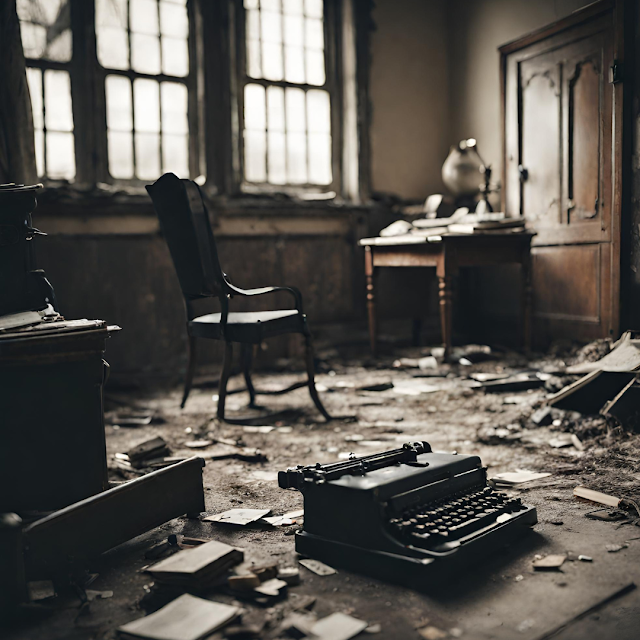poetry and po(v)erty
When I was in grad school working on my lit degree in the late 90s, my final semester I took a class called "Writing as a Woman's Profession," which looked at the careers and work of female writers through a lens of economics and discussions of making a living with them (or patronage or spousal support or generational wealth.) I was reminded of this course a couple weeks back I clicked on an article about the lit world (at least the fiction lit world) and how economics and money plays very little role in the writing of many of today's in-demand writers. Mostly because they typically come from (or at least have) the kind of money that gives (or at least once gave) them the freedom to spend their lives devoted to words vs being the sort of writer who struggles to balance financial concerns against artistic ones. Money is not an issue in their work, mostly because its not an issue period.
I always knew, having grown up with parents in the lower third of middle class (or the upper third of lower/working class depending on the year) being a writer would not be easy. That even saying you wanted to be a writer made you sound like you were saying you wanted to be a mermaid or a ballerina. Completely unrealistic and unlikely. Despite having a fairly bookish childhood where reading was prioritized and creativity encouraged (my dad a huge reader of many things and my mom was a hobby painter of figurines and decor items when I was younger.) While my mom stayed home and babysat neighborhood kids in my early years, she later went back to work as a mail clerk/ phone operator for a manufacturer. My dad, who was laid off from a payroll job as computers hit the scene in the mid-80s, later worked as an airport janitor and postal worker. Between the two of them, they somehow managed to produce two very artsy children (my sister, who works for a non-rpofit, is a visual artist and into random craftiness.) So while there was a certain bit of whimsy or fancy allowed, I was still expected to turn my interests into something like a solid career. My first plan was, of course, to teach, either high school or college. When I discovered I was very unsuited to that, it was libraries. Writing was intended to be something done on the side for enrichment and enjoyment, but certainly no one was making any money from stories or words.
And perhaps I should clarify that no one still makes money from writing POETRY. However, to my own amazement sometimes, I've been lucky enough to hobble out a living the past couple years writing other kinds of things--design articles, DIY tutorials, neighborhood and city guides. The world of journalism that once supported writers like Hemingway or Dorothy Parker is probably long gone, but there is still writing work to be had with some experience, hunting, and SEO savvy. It is a vastly different world than the one of printed magazines and newspapers. I can eek out something of a living by writing, but its certainly not like "middle-class comfortable" by any stretch of the imagination.
And yet this morning, I woke with the knowledge of how lucky I am that I get to spend my day among words, if not my own poems til later today, still pieces that are engaging and interesting to me. Or even that, when I was working a 40-hour-a-week job, I was able to do the sort of things poets do--publish work, write books, get my MFA in creative writing, do occasional readings, engage in community--all on the side. They are two very different ways of existing, and believe me, I like this one far more. I am a little more in control of income and my head is clearer and less stressed. I still put in long hours when you combine poems with editing and freelancing, but it feels more realistic and tenable.
But the article did bring up the ever-present question of how economic class plays into who has time to devote to things like residencies and fellowships, and just the ability to take time away from work or family to devote to creativity. And who gets shut out of those places and conversations because they are too busy trying to survive. An example being that even if I approved of AWP charging such exorbitant fees for booksellers and attendees, I could not take off the days of the conference from writing and still make my rent or buy groceries as a freelancer with no paid vacation. The numbers just don't quite reach to miss several days of income in addition to registration and travel costs. While I have encountered far many more poets struggling their way though caregiving obligations and day jobs, I am still somehow not all that surprised when I learn a new favorite writer is like the child of Hollywood parents or the New York publishing industry, or even just the children of doctors and lawyers. It makes it easier to drop everything to attend a grad program or do a free internship that leads to the sort of networking it takes to really push hard on your writing career.


Comments